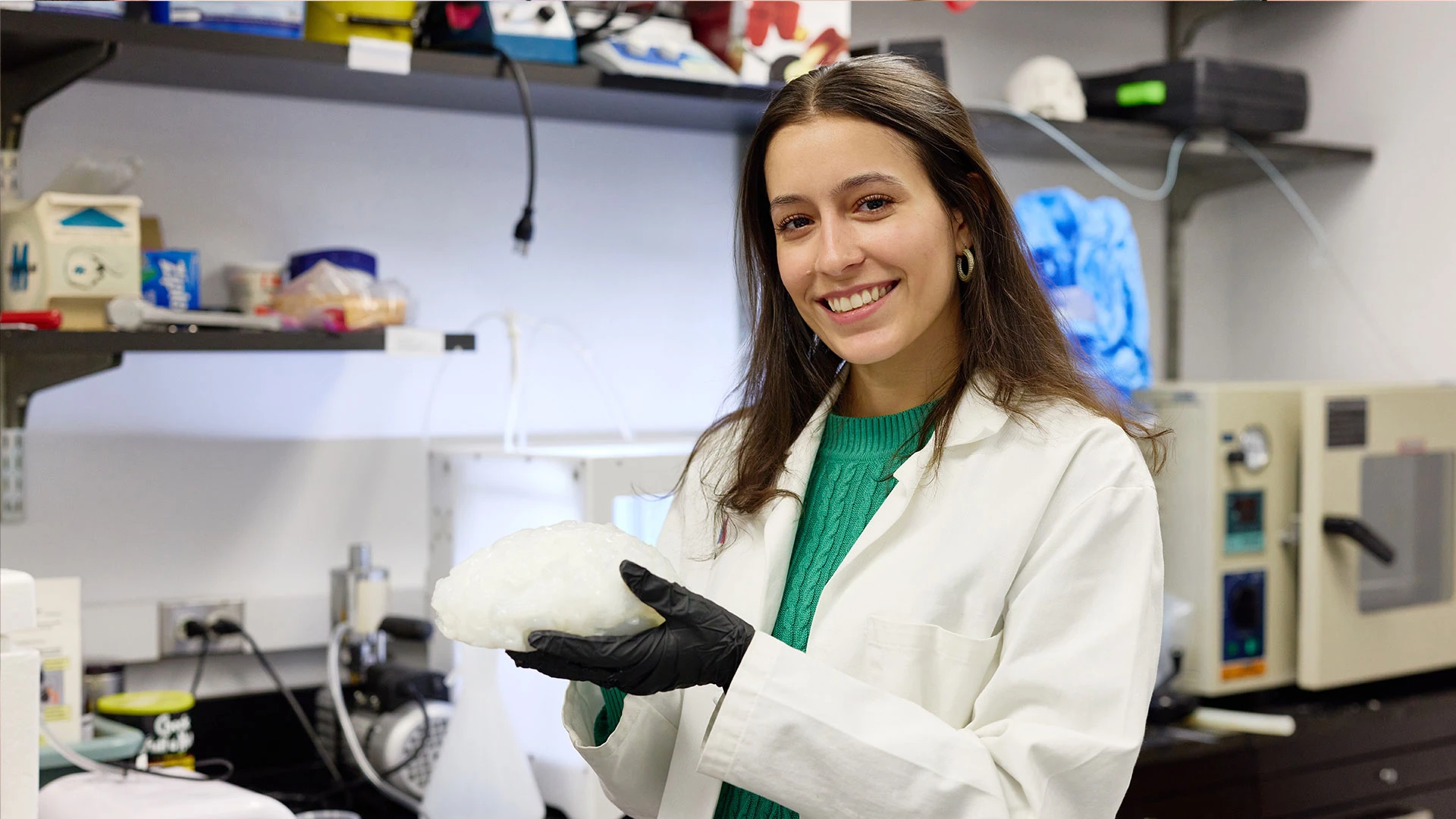Mayor Adams said that the Mount Sinai Health System and The City College of New York would each receive multimillion-dollar investments to support the construction of new facilities.
This investment from the New York City Economic Development Corporation is intended to amplify the efforts of Mount Sinai BioDesign, which serves as the Health System’s device incubator.
“With these awards, our administration is making critical investments in the health and prosperity of New Yorkers,” said Mayor Adams. “Life sciences are central to our city’s public health and economic recovery, and we will continue to marshal the resources necessary to grow this industry, create new economic opportunities for New Yorkers, and keep our city moving forward.”
This investment from the New York City Economic Development Corporation is intended to amplify the efforts of Mount Sinai BioDesign, which serves as the Health System’s biomedical device incubator and has attracted innovative startup companies and venture capital to New York City and inspired new ventures generating commercial licensing agreements and millions in funding.
Mount Sinai BioDesign was established five years ago within the Department of Neurosurgery’s Neurosurgical Simulation Core by Joshua B. Bederson, MD, whose original goal aimed to improve outcomes for neurosurgery patients by creating virtual anatomical models for use in preoperative planning for complex brain surgeries.
Dr. Bederson, the Leonard I. Malis, MD / Corinne and Joseph Graber Professor of Neurosurgery, and Chair of Neurosurgery for the Mount Sinai Health System, expanded Mount Sinai BioDesign into a biomedical incubator that now uses the most advanced tools and capabilities and draws on clinical expertise across all medical departments and disciplines throughout the Mount Sinai Health System.
Benjamin I. Rapoport, MD, PhD, Assistant Professor of Neurosurgery at the Icahn School of Medicine at Mount Sinai, is Scientific Director of Mount Sinai BioDesign, overseeing dozens of projects that involve leading clinicians and scientists, prototyping fellows, residents, and MD, MD/PhD, and clinical research and engineering students. In 2022, Mount Sinai BioDesign strengthened its relationships with partnering academic institutions, creating a statewide talent and mentoring pipeline.
Current projects include:
The Periscope device, a minimally invasive system for neuroendoscopic subdural hematoma (SDH) evacuation at the bedside table
It will allow for active evacuation of the hematoma at the ICU while simultaneously providing the physician with visualization of the subdural space to maximize evacuation efficiency. By visualizing the subdural, the physician can identify and correctly work around key structures, such as the septa, stretching of cortical vessels, or intraluminal trabecular structures, which are involved in the progression and recurrence of SDH. The project is supported by the U.S. National Science Funding Innovation Corps program, among other sources.

Isabella Morgan, a biomedical engineer, is a member of the Mount Sinai BioDesign team on the Periscope project.
A new imaging protocol for meningioma embolizations has been developed and implemented based on robust studies
Mount Sinai BioDesign has devised a novel strategy to assess the extent of embolization through analysis of an additional MRI sequence following embolization and preceding surgical resection. Measuring the difference in contrast-enhancing tumor volume before and after the embolization treatment permits quantitative assessment of extent of tumor embolization. Additionally, Mount Sinai BioDesign teams are working to build a computer vision algorithm to quantitatively assess the change in tumor vascular supply intraoperatively via angiography. This will incorporate analysis of the intensities and structures in the image to acquire the exact change in vascular supply to the tumor.

Denzel Faulkner, a PhD student participating in a bridge program between the Graduate School of Biomedical Sciences at the Icahn School of Medicine at Mount Sinai and Rensselaer Polytechnic Institute, is on the team studying meningioma embolization.
Learn how preoperative endovascular embolization was an effective—and safe—approach in this video case of a 24-year-old male with a large left parasagittal meningioma.
